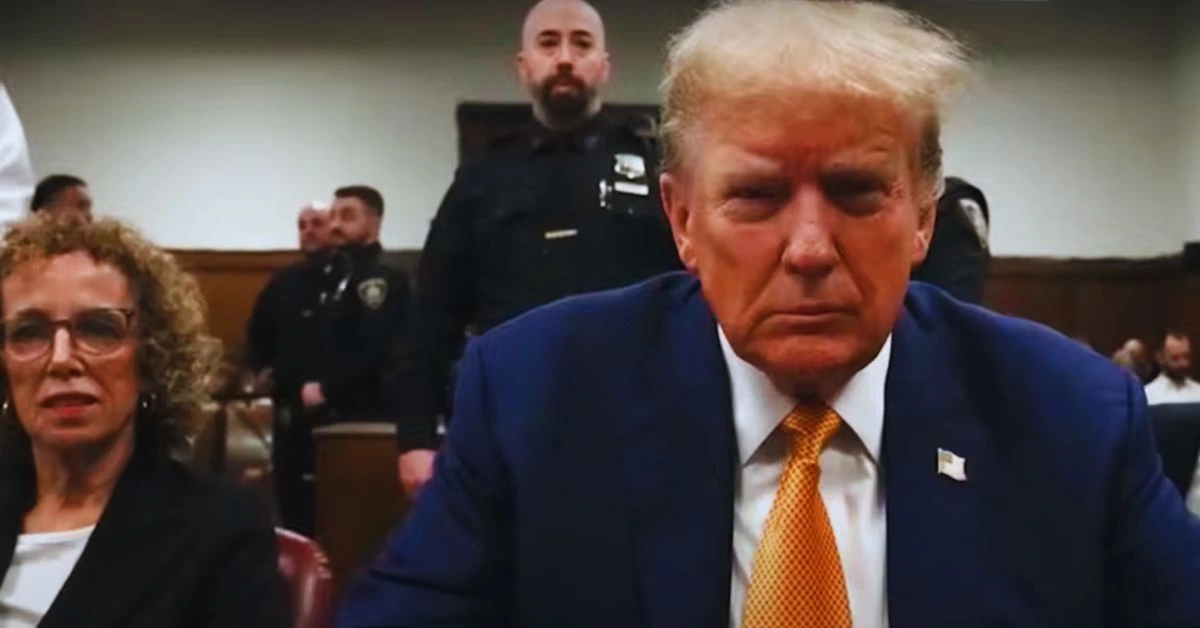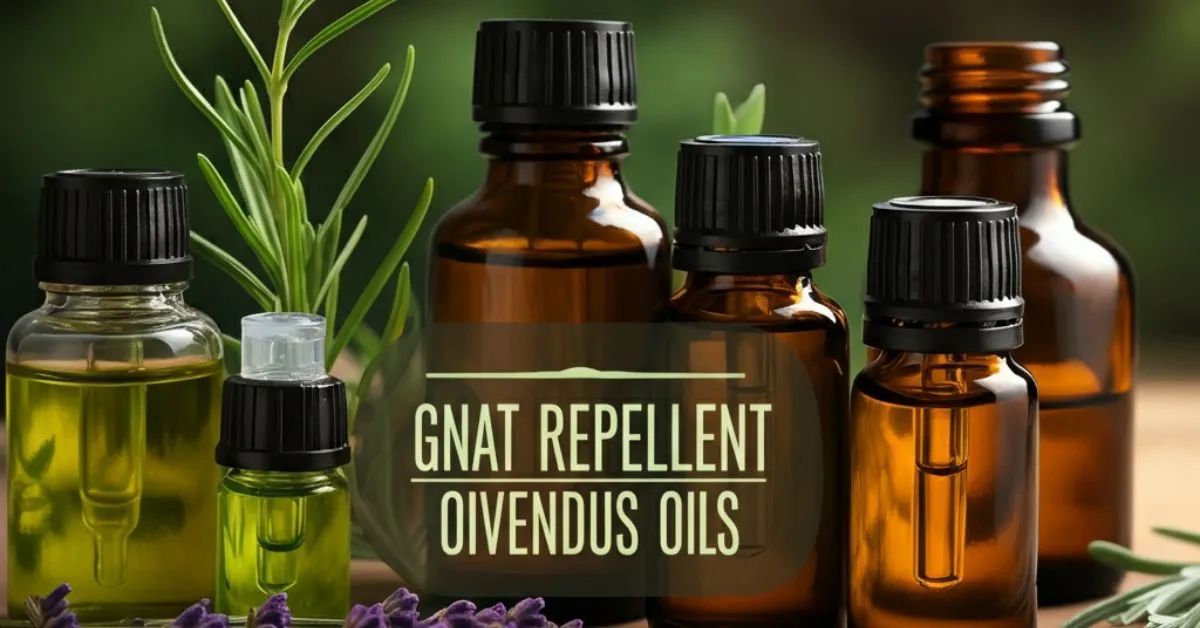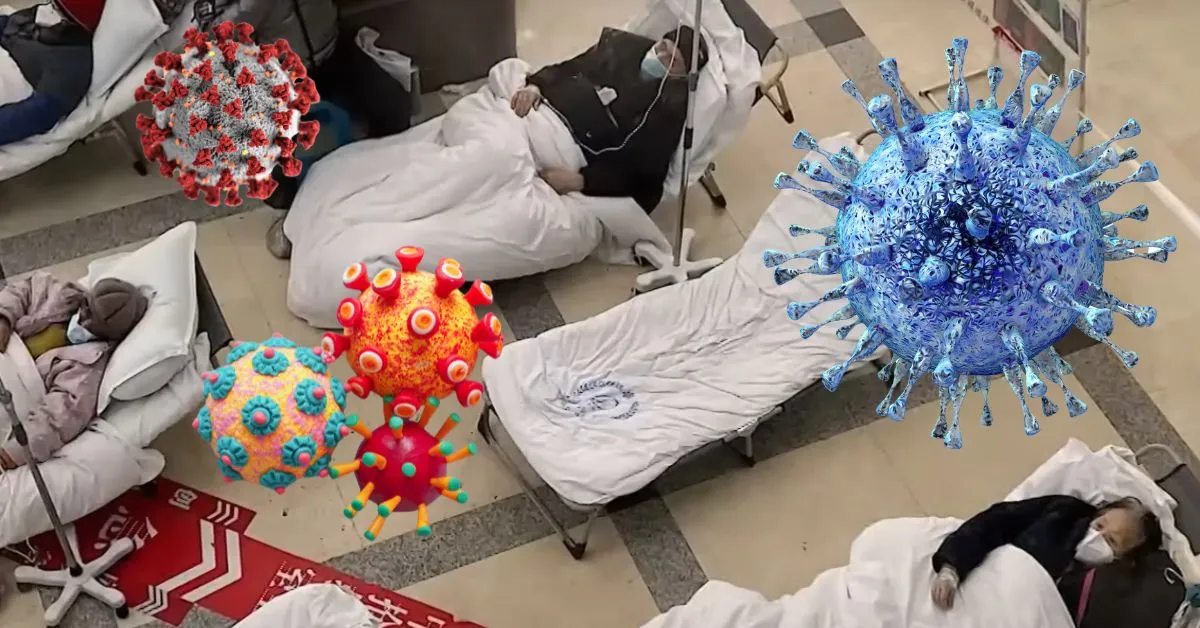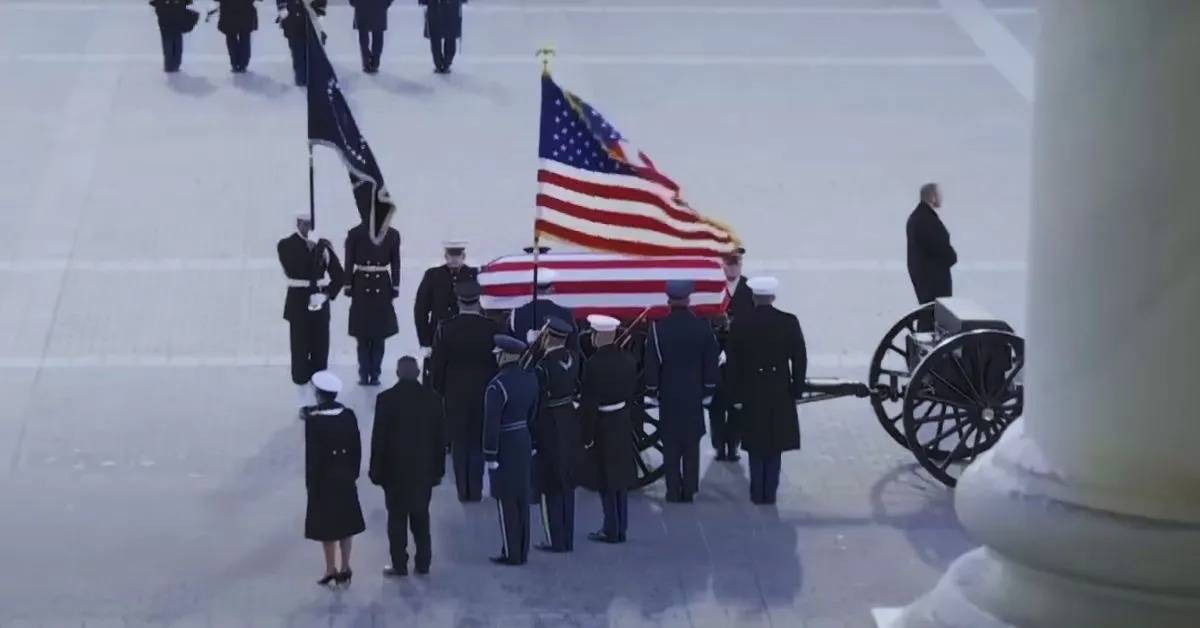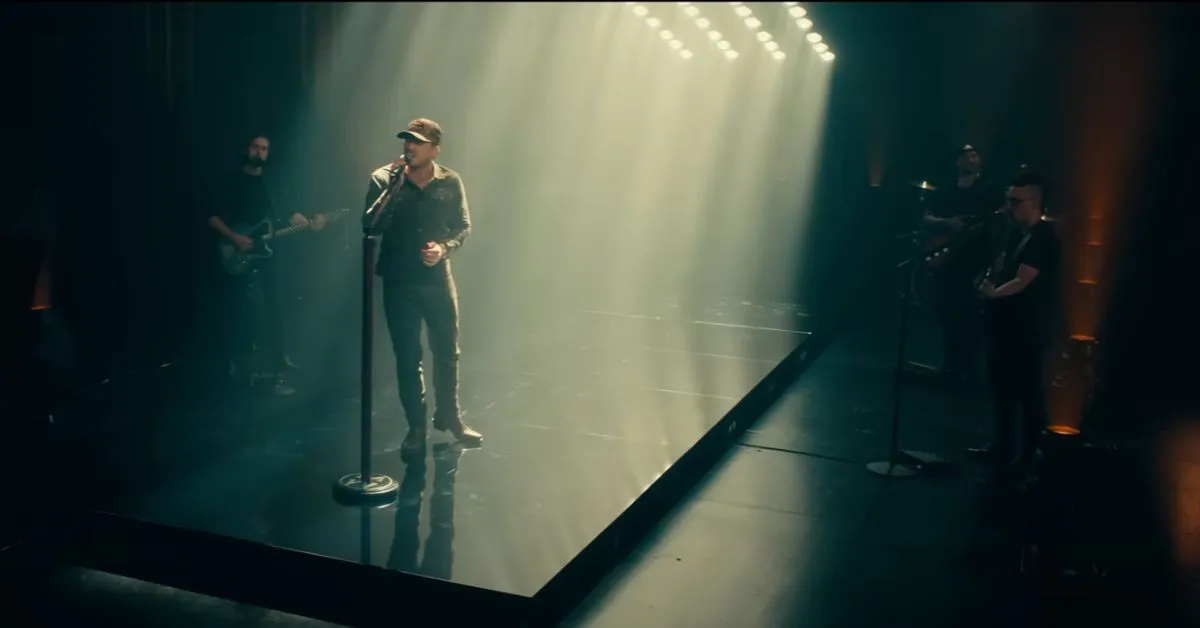Donald Trump, President-elect of the United States and never far from the headlines, has set yet another historic precedent—though not one he might boast about at rallies.
On Friday, Trump became the first U.S. president (former or future) to be sentenced in a criminal case. With 34 felony convictions tied to hush money payments made to adult film actress Stormy Daniels, Trump received an “unconditional discharge,” which spares him jail time or probation.
Though he’ll take the oath of office in just a few days, Trump’s conviction raises questions about integrity in leadership and the fine balance between law and the highest office in the land. Yet, even in this unusual moment, the drama seems far from over.
Contents:
What Is an ‘Unconditional Discharge‘?
For the average reader, the legal phrase sounds like something you’d hear whispered on a late-night courtroom TV drama. Plainly put, an unconditional discharge means Trump walks away without probation, fines, or any other binding obligations.
Why such a lenient sentence? Judge Juan Merchan described this penalty as “the only lawful sentence” that wouldn’t encroach on the unwritten rules of governing. “This is uncharted territory,” Merchan admitted, acknowledging that weighing justice against political practicality required an unusual decision.
While Trump avoids direct consequences from this case, the felony conviction itself still stands—a detail his critics are seizing upon as historic (and not in a good way).
Must Read: A Historic Endorsement: Trump Backs Mike Johnson as Speaker
A Case Years in the Making
The foundation of this legal saga reads like a political thriller, the kind you’d assume stretches credulity—except it’s entirely true.
Back in October 2016, as the presidential campaign was nearing its climactic finish, Trump’s attorney Michael Cohen paid Stormy Daniels $130,000 to ensure her silence about a decades-old alleged affair with the candidate. (For the record, Trump continues to deny the relationship.)
The payment itself isn’t illegal—that’s just between consenting adults, after all. The issue stems from how Trump reimbursed Cohen. Instead of listing these repayments as “hush money to avoid election chaos,” the Trump Organization classified them as legal fees. New York prosecutors argue this falsification of business records violated election law, amounting to an effort to deceive voters.
Cue 2024, after years of investigations and headlines. A New York jury found Trump guilty on 34 counts, tying one to each falsified record. The courtroom drama unfolded over six weeks, pulling in star witnesses like Cohen, who once said he’d take a bullet for Trump, and Daniels, whose swipes at the former president were as sharp as her testimony.
Trump Breaks His Silence
Trump, notoriously unapologetic in the face of criticism, didn’t hold back his feelings during the sentencing. Appearing via video from Mar-a-Lago, he addressed Judge Merchan directly.
“This case is a disgrace,” Trump began, his tone measured but fiery underneath. “It’s a politically motivated attack—not justice.”
Trump didn’t stop there, pointing fingers at Manhattan District Attorney Alvin Bragg and accusing him of leveraging the courts to “score points with radical left voters.”
For anyone familiar with Trump’s playbook, his post-hearing statement on Truth Social was no less theatrical. “A despicable charade,” he posted just minutes after the gavel dropped, all while reaffirming his intention to appeal the case.
What’s Next in Trump’s Legal Playbook?
Trump’s legal team isn’t waving the white flag just yet. His attorneys have 30 days to file a formal notice of appeal and are likely sharpening their pens for the fight. The appeal is expected to focus on decisions Judge Merchan made about evidence and jury instructions during the trial.
One of the more eccentric arguments they’ll push is that former U.S. presidents (and apparently, future ones) should enjoy immunity from prosecution for actions tied to their time in office. Legal experts aren’t buying this argument. “Claiming immunity post-presidency is a stretch,” said Rachel Steinberg, a constitutional law professor. “It’s not about whether the rules are fuzzy—it’s that no one in Trump’s position has tested them like this before.”
Even if his team gets creative, overturning 34 felony convictions is an Everest-sized legal challenge. Appeals could take months or years to play through the courts.
Public Sentiment and Political Fallout
Of course, the drama doesn’t stay in the courtroom bubble. Out on the streets near the Manhattan courthouse, the tension is palpable. Protesters with megaphones face off against MAGA-hat-wearing supporters, both sides yelling slogans as if they’re auditioning for soundbites on cable news.
Inside the broader American psyche, the nation feels split in two. Trump loyalists insist this case is further proof their leader is being persecuted by a rigged system. Meanwhile, his critics call the situation a glaring example of someone using wealth and power to avoid the consequences of criminality.
And then, there’s everyone in the middle. Marie Campos, a retired teacher from Queens, said as she watched the case on TV, “It doesn’t bode well for anyone. It’s embarrassing as an American to see this happening, but I also wonder—how has it come to this?”
Trump’s Return to Power—And Challenges Ahead
Trump’s ascension back to the White House raises unprecedented challenges. What does it mean when the commander-in-chief isn’t just a political lightning rod but also a convicted felon? Legal scholars are murmuring about what this might mean for day-to-day governance.
On the campaign trail, Trump has already leaned into the controversy. His rallies often feature the phrase “They’re not coming after me—they’re coming after you,” which plays well with his core supporters. His legal troubles have also become a surprising fundraiser, with millions pouring into his campaign to fight his court battles.
And while this trial is wrapped—for now—it’s far from the only one. Trump faces charges relating to election interference in Georgia, accusations about mishandling classified materials, and various financial probes. Each unresolved case casts a shadow over his upcoming presidency.
A Final Reflection
The courthouse doors in Manhattan have shut on this hush-money case, but the questions it raises will reverberate for years. Judge Merchan’s goodbye words carried a weight perhaps intended as much for the history books as the man on the other end of the screen.
“I wish you Godspeed as you assume your second term in office,” Merchan offered.
Whether those words signal national healing or further division remains to be seen. But one thing is certain—Trump’s ability to command the spotlight, whether through the ballot box or the courtroom, is unparalleled.
For the people of America, this case isn’t just about the outcome. It’s about what it reveals—and what it leaves unresolved.
